Photographer prepares to raise awareness, collect data along West Branch of Susquehanna on sojourn4/30/2024 According to Middle Susquehanna Riverkeeper Association President Michael Kinney, everyone has talents they can use to promote the Susquehanna River.
His just happen to be found behind a camera. “I’ve been an outdoorsman most of my life, fishing and boating with my grandfather and father, and in 2007 I got into rafting and going to more remote areas. I’d take some pictures of the fish we’d catch to show the family when we’d get home, and then I’d start to take photos of the scenery around us, too, and it just kind of took off from there,” he said. “Then GoPro cameras came along and we played around with doing videos under water of releasing the trout and bass we caught, which looks really cool because you aren’t used to that perspective.”
0 Comments
Williamsport fish ladder not working due to broken gate blocking flow according to DCNR official4/30/2024 The Williamsport fish ladder is currently not operational, according to Luke Ulsamer, Forest Assistant Manager with the DCNR Tiadaghton Forest District, due to a broken gate blocking flow through the structure.
"While operating the gate to the fish ladder during routine maintenance, something broke in the gate. It is resting on the bottom of the structure effectively cutting off all water to the fish ladder system," he said. "So (there is) no fish passage until we get this fixed." Ulsamer is unsure how long that process will take. "(We are) trying to get a diver in there to inspect it and see what may need repaired," he said. “I don’t know why it is that some of my best days on the river have begun with waking alone in the darkness, truly alone, with that deep empty feeling – that hollow aloneness that you cannot shake free of. It had been some time since my service in the Marines, but years later, the ghosts came to call, and I found myself afraid to sleep, knowing they would come back. A doctor helped me to chase away the ghosts, but the feeling of emptiness remained. I guess sometimes surviving is your punishment. So, you stand in the river, facing upstream with the water rushing down upon you as if it could somehow fill the hollow emptiness – and somehow, it always does. So, it was one morning. I stood there, without even casting and with no trout rising, and as the water rushed past me, I knew it was washing my burdens behind me, swirling them downstream like autumn leaves.” – excerpt from "Casting Forward: Fishing Tales from the Texas Hill Country" by Steve Ramirez At its core, fly fishing requires you to be completely present, which is why movie director Joshua Caldwell – the creative force behind trending Netflix film “Mending the Line” – works so well to interrupt the trauma loop for those returning from the military, first responders and others who are struggling with anxiety, depression and other mental health issues.
“People can get a benefit out of spin-fishing, but with that, you can sit on the bank of a river in a chair, throw that spoon out there, reel it in and repeat almost on auto pilot,” he said. “The difference-maker in fly fishing for a lot of people is that you have to go to the trout. You have to step into the water. You have to feel that water pushing against your legs. Your stabilizers are firing on all cylinders to keep you upright. “You’re trying to focus on the cast because you have to get the cast right – you can’t just throw it out there because it is never going to work. And once you finally get the cast out there, your drift might only be six inches, so you have to watch that like a hawk. Then you have to pick that up and throw it again. So every step of the way, you have to be present.” Which makes it basically impossible to think about anything else. Headwater Hero: Bob Webber was 'ambassador' for natural resources, trail steward and storyteller4/22/2024 The following column, the second in the Headwater Heroes series, was written by Northern Tier Regional Director Emily Shosh. She can be contacted directly at [email protected]. The first installment, on Dr. Pete Ryan, can be read here.
Sunday, April 21, marked the 9th anniversary of the loss of a headwater region local legend. Hailing originally from Shafferstown, PA, Robert “Bob” Webber found “home on the ridge” nestled on a ridgetop near Slate Run where he lived with his wife Dorothy (“Dotty”) for 54 years. They lived in a primitive cabin, no less - surviving on the basics and finding happiness in the most beautiful, simple joys of life. They also sought to share their homestead and forest with others. They maintained over 50 miles of trail in the state forests near their home including the famously rugged Black Forest Trail, which Bob blazed alongside fellow forester John Eastlake. The following is a column by Middle Susquehanna Riverkeeper John Zaktansky in response to the news of Encina, a company that planned to put a plastics plant on the banks of the Susquehanna River, pulling out of its Pennsylvania plans.
Imagine, for a minute, if I told you I had a cure for cancer (I don’t). All you needed to do was let me inject a series of shots into your bloodstream. What’s in those shots? I can’t tell you. It’s proprietary. Just trust me. Have I done it before? Sure. In my basement, in a rat and it turned out great. Just trust me. I’m ready to go big-time with this procedure. You and your body are the first human-sized trial, but my personal calculations prove (to me, at least) that this is going to go great! You are about to be a part of something innovative … just trust me. The above daydream flooded my mind every time I thought about the Encina proposal to build a large plastic processing plant on the banks of the Susquehanna River in Point Township. Of course, it is an over-embellishment of the situation, but really it isn’t as far off as some may think. As Riverkeeper, to me, the region’s bloodstream will always be the river system and the biggest concern about Encina was its potential to pollute the Susquehanna. Today, a day after the announcement of its decision to abandon plans to build locally, I just never realized how thoroughly Encina could “contaminate” the communities surrounding that river without ever processing a piece of plastic. The Middle Susquehanna Riverkeeper Association, in partnership with the Lycoming College Clean Water Institute, will receive special grant funding from the Keith Campbell Foundation for the Environment to purchase underwater dataloggers and cameras specifically for Eastern hellbender nest site research in the coming year.
“Our association was among several that helped push the envelope to require new considerations for protections of this crucial indicator species in our greater watershed by the US Fish and Wildlife Service by the end of this coming year. This grant will help us continue to shed light on the hellbender’s unique behaviors and raise important awareness,” said Middle Susquehanna Riverkeeper John Zaktansky. “Pollution and sedimentation continue to decimate its habitat in the Susquehanna River basin, and more recent research suggest these pollutants have sparked some unique disturbing behaviors in the nest. This equipment will help us better understand that.” Lycoming College Clean Water Institute director Matt Kaunert has studied hellbenders in western Pennsylvania and has looked specifically at research related to nest-egg cannibalism concerns. A teacher who shares a passion for the environment with children who wants to help, Danielle Bronowicz, of Northumberland, admits that education is critical when it comes to litter cleanup work.
“If they are not exposed to the impacts of littering, they may remain unaware and adopt the same indifferent attitude that many adults have,” she said. That mentality is what drives her efforts to incorporate people of all ages into events under her nonprofit, the Susquehanna River Cleanup Project, which averages about 150 volunteers each spring for an Earth Day weekend trash pickup event in the greater Sunbury area – one of many such events across the greater watershed. Between now and June 30, 2024, people across the Middle Susquehanna watershed are encouraged to creatively turn litter they may collect into pieces of art that can help raise awareness about the ecosystems impacted by that litter.
In a "Recycle our River" contest by the Middle Susquehanna Riverkeeper Association, sparked by 2023 summer intern Peyton Johnson, people of all ages and experience levels are encouraged to find and recycle trash into art that reflects the any ecosystems affected by pollution. This can include any part of the ecosystem including plants and animals. "Be creative with your recycled items and find new innovative ways to reuse them. The projects who win will be shared offering exposure for your nifty creations, as well as a public awareness of the ever-growing issues of trash pollution across the globe," said Johnson. Ever since splitting the summer of 2021 as interns from Susquehanna University's Freshwater Research Institute, Morgan Thomas and Danielle Tryon have been intricately connected to the Middle Susquehanna Riverkeeper Association.
"The experience of being an intern with the association the summer after my freshman year (at Susquehanna University) solidified my passion for my majors (Ecology and Earth and Environmental Sciences) and educating other people about clean water resources within our watershed. During my time as an intern, I helped with various community outreach initiatives such as the HERYN (Helping Engage our River's Youth with Nature) program, floating classrooms, and so much more," said Thomas. "The following semester, Danielle and I were nominated as board members. We were so excited to be able to continue to provide student voices to the association, and to be involved in all the incredible work they do." Public urged to learn about marten, give educated feedback ahead of PGC April 13 reintroduction vote4/1/2024 Riverkeeper's note: The following blog post was written by Northern Tier Regional Director Emily Shosh, pulling from an interview from the most recent Middle Susquehanna Riverkeeper Podcast between Riverkeeper John Zaktansky and PA Game Commission furbearer biologist Tom Keller.
A native Pennsylvania wildlife species missing from our woodlands for more than a century faces a critical reintroduction vote in the coming weeks, and Pennsylvanians are encouraged to learn as much about this species and provide feedback -- one way or another -- before it is too late. The American Marten, a true opportunist and omnivore that plays a number of key roles in the heavily forested habitat regions of the state found ideally in the PA Wilds region, could be reintroduced if it receives enough support at an April 13 Pennsylvania Game Commission board meeting. The decision was supposed to be made earlier this year but was tabled to April's discussion, according to agency furbearer biologist Tom Keller. |
AuthorsRiverkeeper John Zaktansky is an award-winning journalist and avid promoter of the outdoors who loves camping, kayaking, fishing and hunting with the family. Archives
July 2024
Topics |
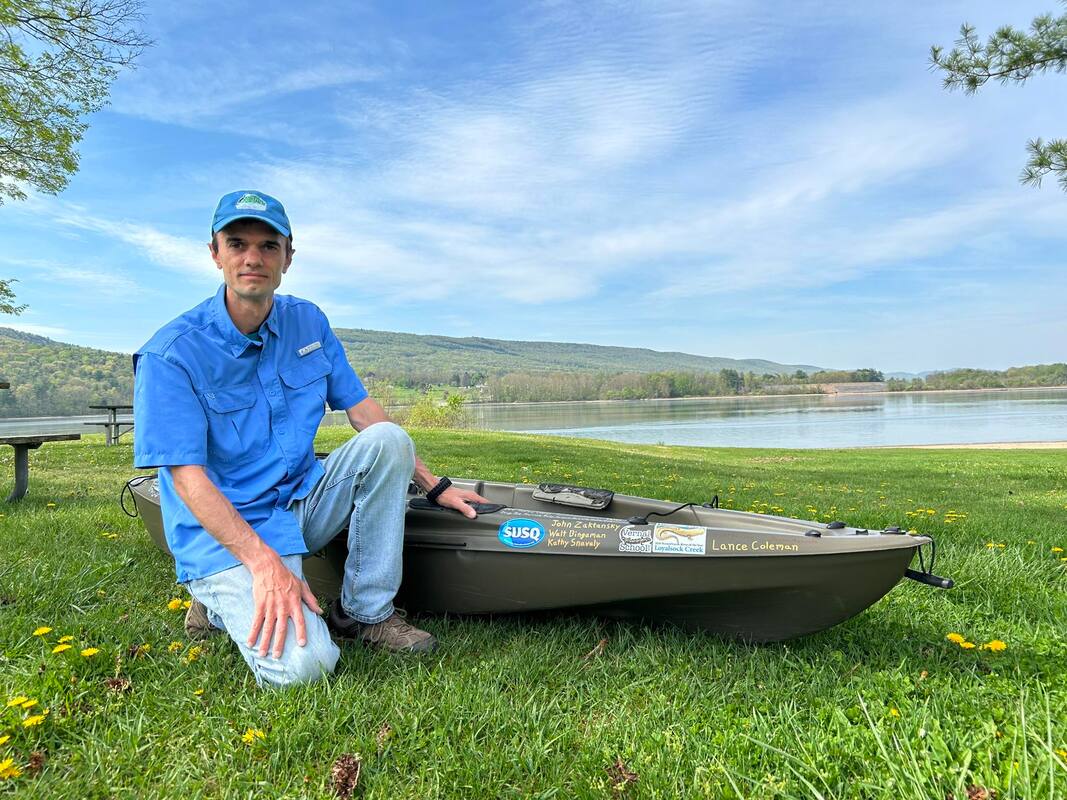

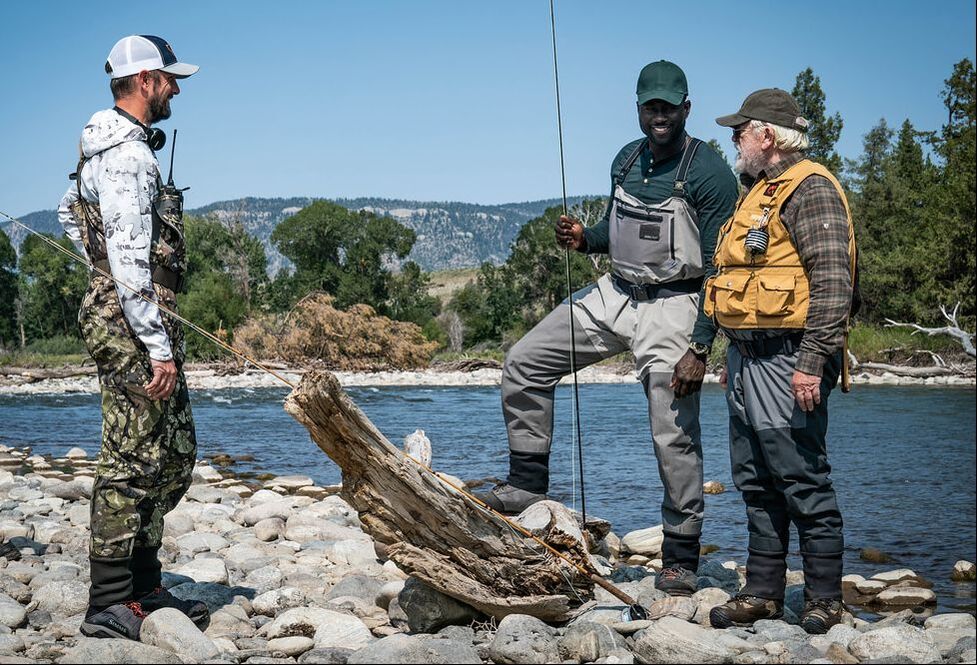
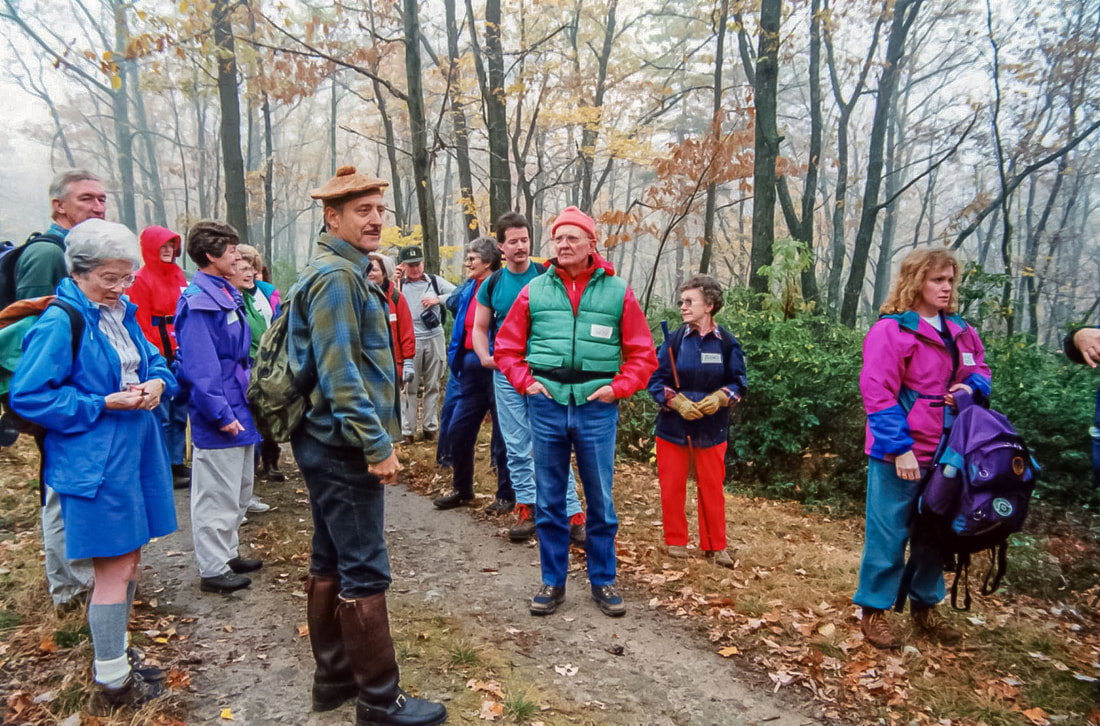
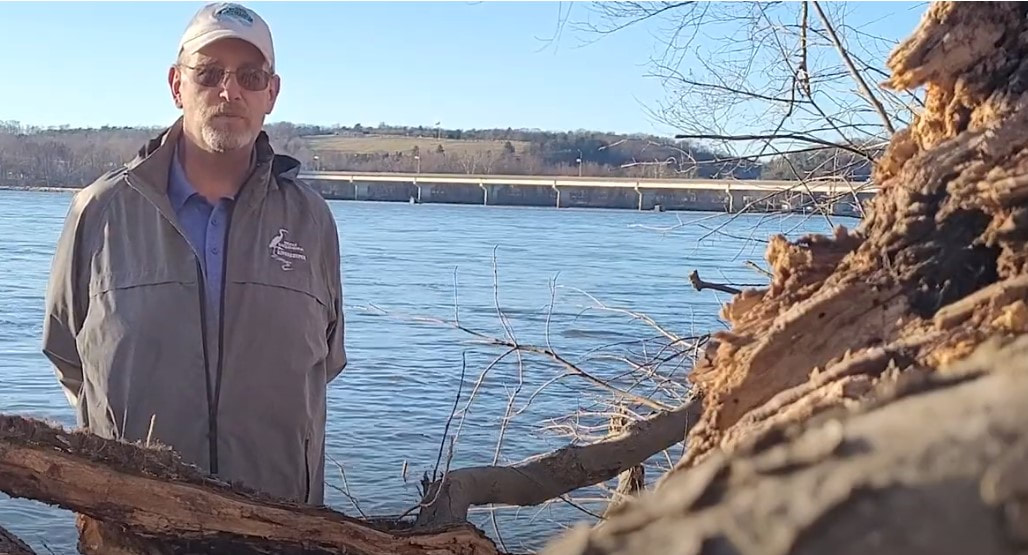
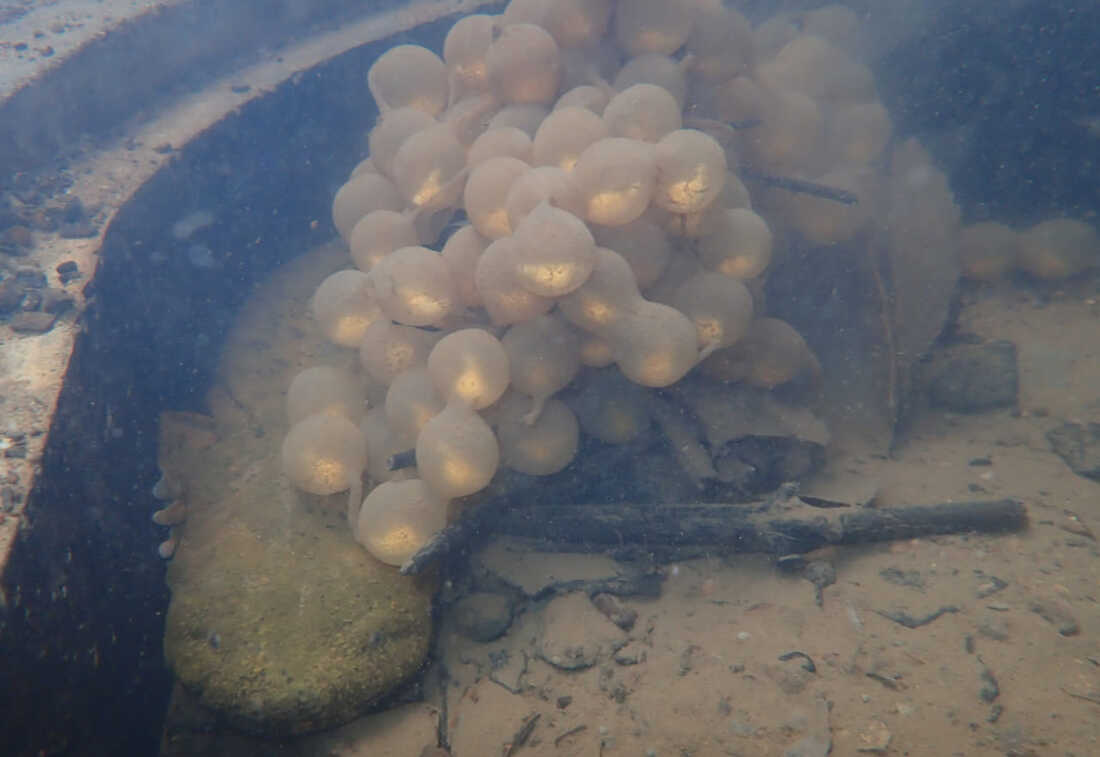
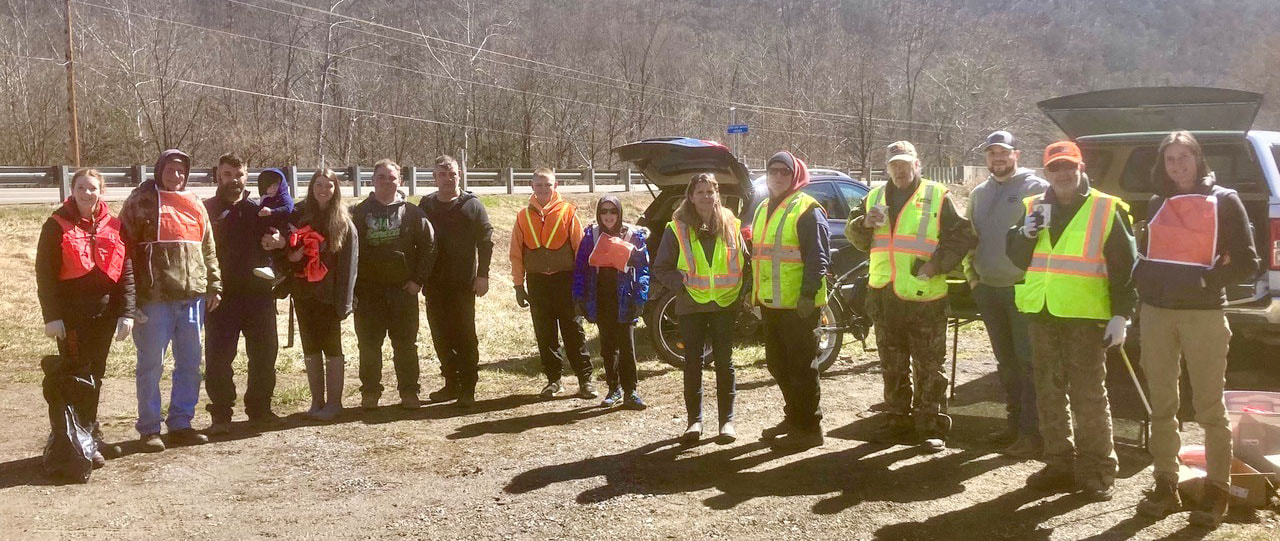
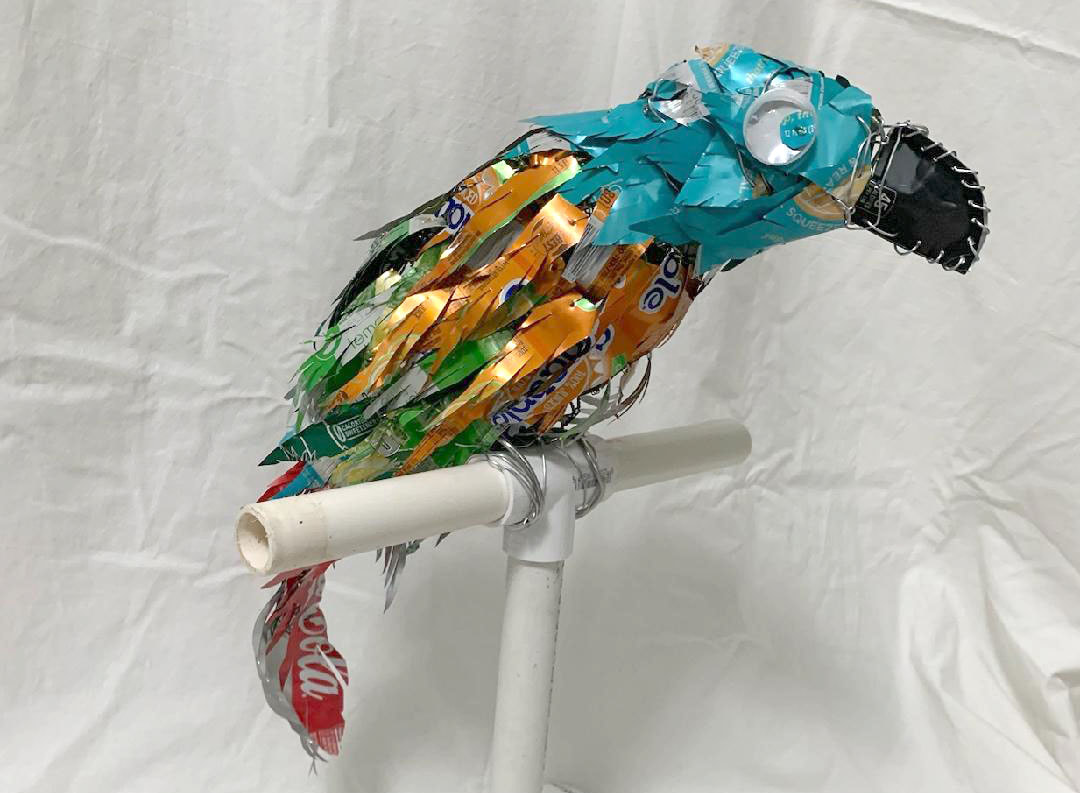
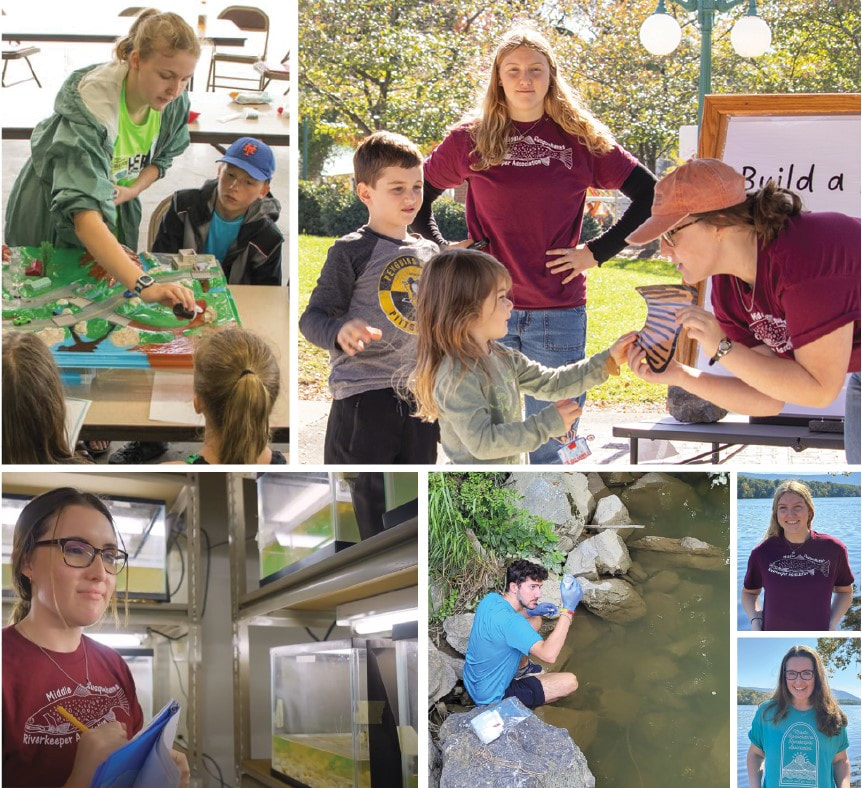
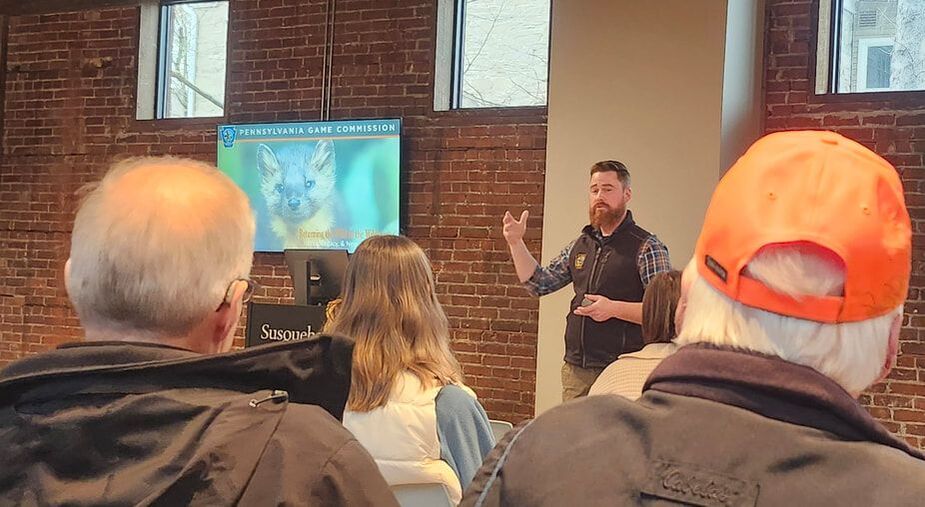
 RSS Feed
RSS Feed